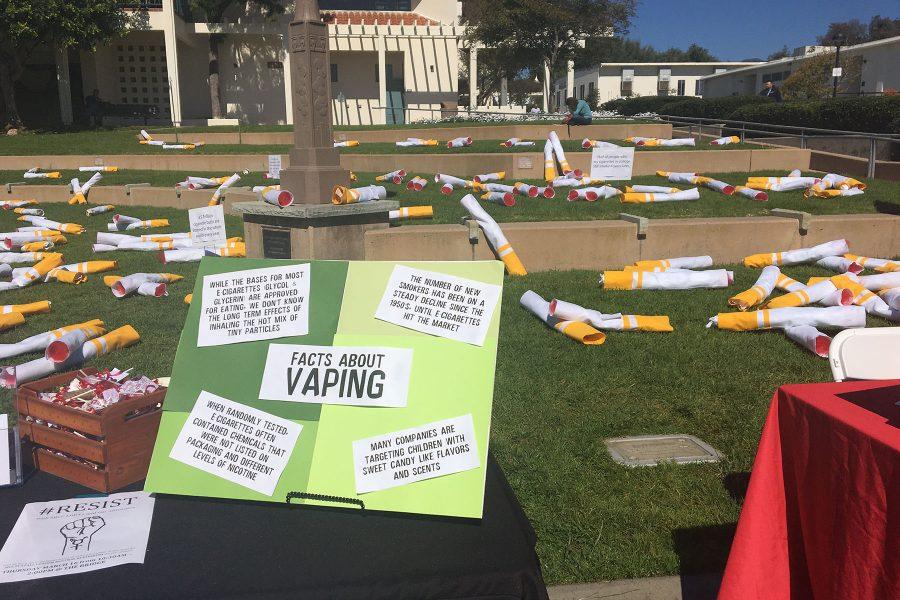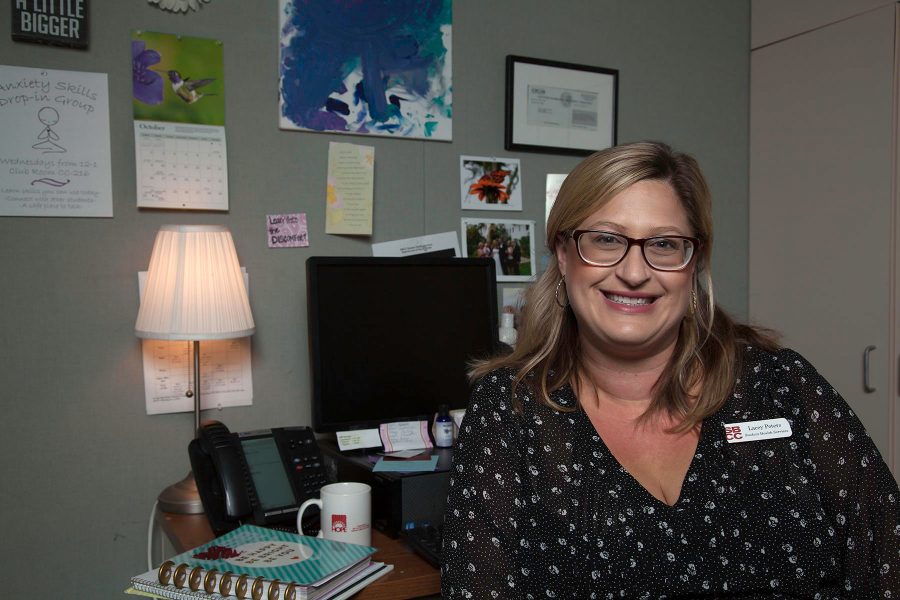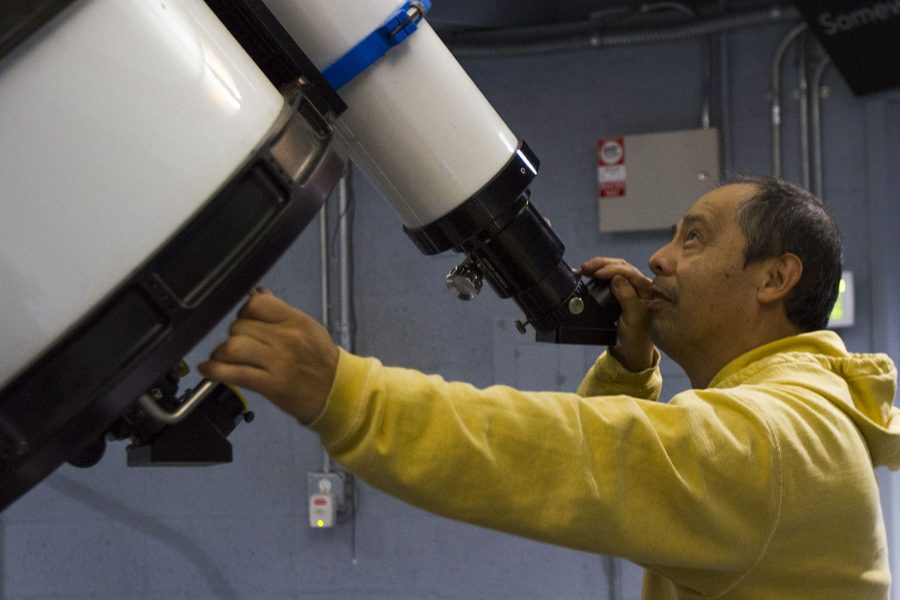City College students presented science-related questions to a panel of local doctors and professors Thursday night at a forum on disease and medicine.
The forum, titled “Lessons from the Lab: A Path to Scientific Enlightenment,” was the fourth edition in a continuing series of events put on by assistant chemistry professor Dr. Raeanne Napoleon.
One of the first topics the panel tackled was the safety and effectiveness of vaccines.
“Vaccines, along with hand-washing, are two of the biggest public health success stories of this century,” said Dr. Brian Santacrose, one of the four panelists and a pediatric physician for Children’s Medical Clinic of Santa Barbara. “From my perspective, it’s a no-brainer: vaccines are safe.”
Santacrose continued that, as soon as a baby is born, he or she is exposed to thousands of things that can trigger a response from the immune system. With vaccines, there’s only about 20 things to worry about, he said.
Biology instructor and panelist Robbie Fischer supported those remarks with the work of well-known pediatrician Paul Offit. According to Offit’s calculations, a baby’s body can handle around 10,000 antigens–toxins that trigger an immune response, he said. He added that if a child was to receive three to four shots, they would only receive between 16 and 20 antigens.
“The number of antigens that a child is exposed to with vaccines is way lower than the number they’re exposed to at any given [instance].” Fischer said.
After discussing the safety concerns surrounding vaccines, the panel explored the subject of public health as it relates to the vaccination rate.
“Before we started vaccinating for measles [in the US], there were 3 to 4 million cases per year,” said Dr. Carolina Arias, a panelist and assistant biology professor at UCSB. “Once vaccinations started, that number was reduced to 300.”
However, the vaccination rate for a number of diseases has been falling recently, according to the panel. The new trend, they concluded, is the result of a growing anti-elitism sentiment towards scientists and our increasing reliance on the results of internet search engines for accurate information. To combat this, Napoleon talked about bridging the communication gap between accurate but jargon-filled scientific findings [for] the average non-scientist.
“The goal of tonight’s event was definitely to engage students in conversations about science on a level that I can’t get to in my class,” Napoleon said. “The stuff that we talked about tonight is what student’s are going to use in their daily lives.”
Although she isn’t sure what the topic of her next discussion will be, Napoleon plans on continuing this series with another event next year.



![Milton Alejandro Lopez Plascencia holds a flag showcasing the United States and Mexico on Feb. 7 in Santa Barbara, Calif. “It’s heartbreaking to see what is happening all across the country,” Lopez Plascencia said. “I [want] my voice to be heard by the community.”](https://www.thechannels.org/wp-content/uploads/2025/05/MGSImmigration-1-1200x800.jpg)


![The new Dean of Social Science, Fine Arts, Humanities and English, Eric Hoffman beams on May 2 in Santa Barbara, Calif. "My major professor in college [inspired] me," Hoffman said. "You can really have a positive impact on people's lives in education."](https://www.thechannels.org/wp-content/uploads/2025/05/MGSHoffman-2-1200x800.jpg)






